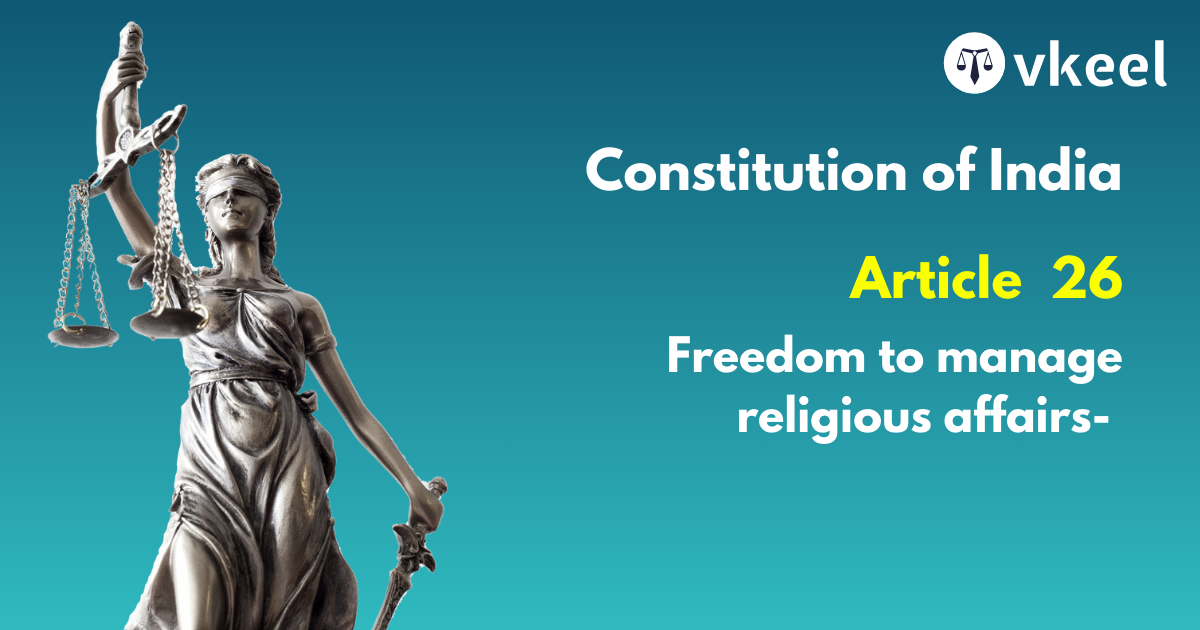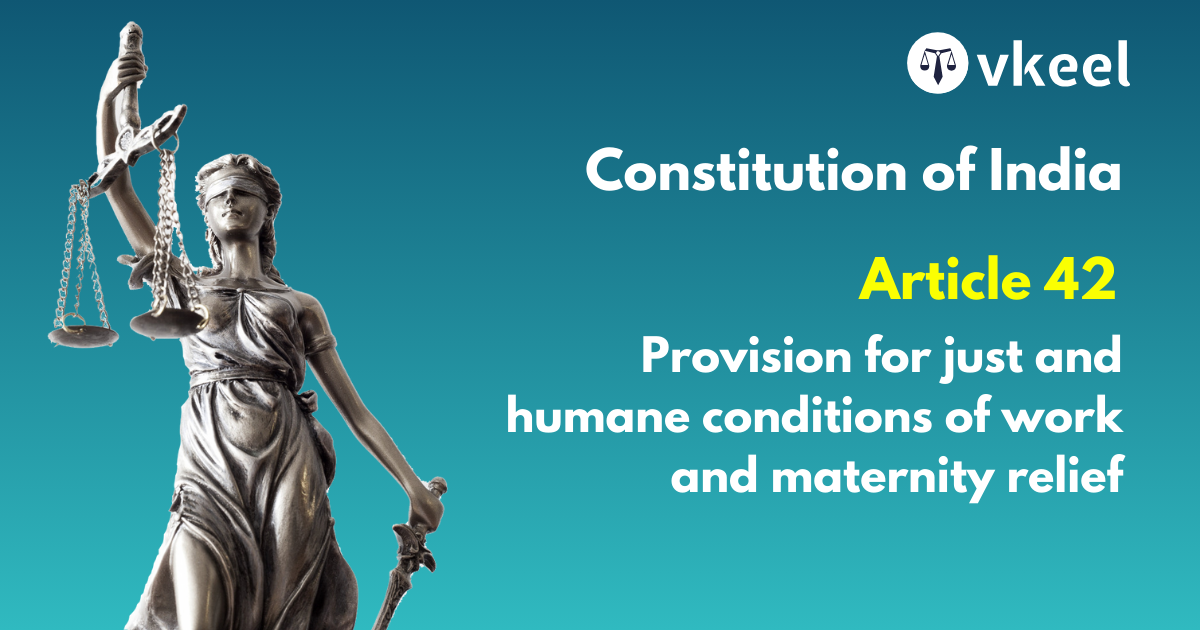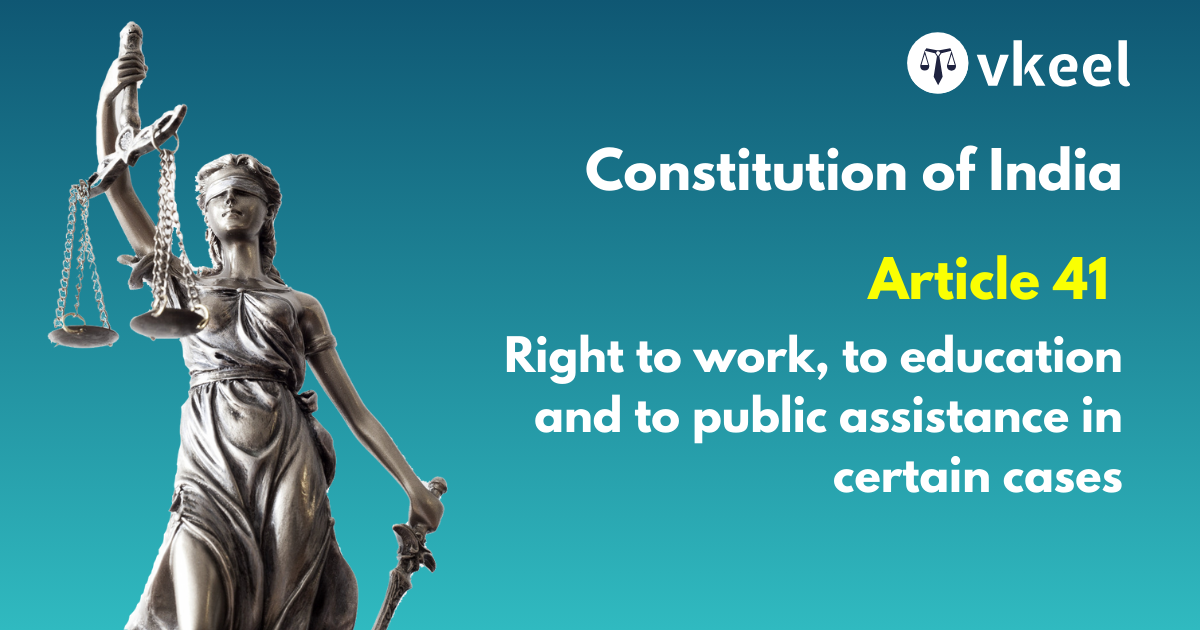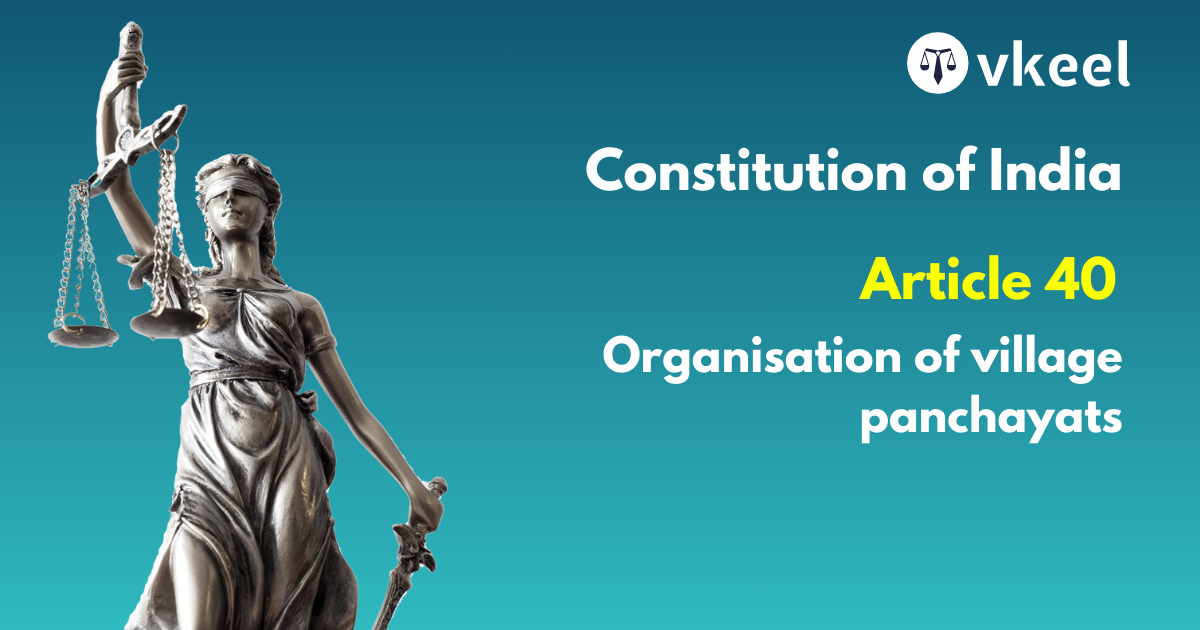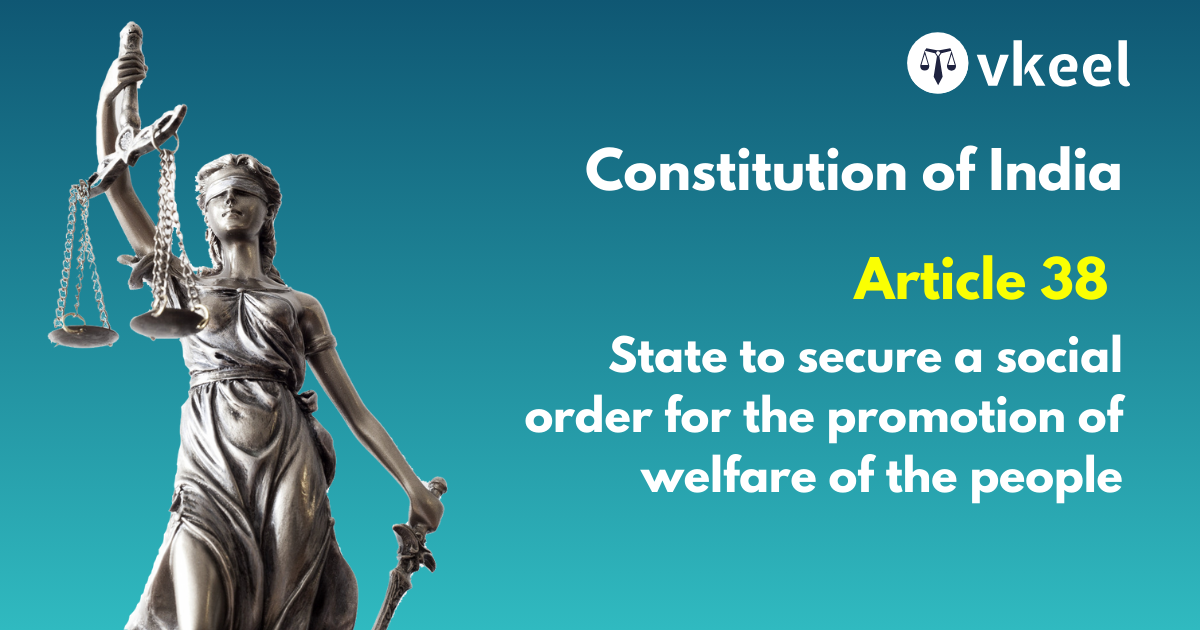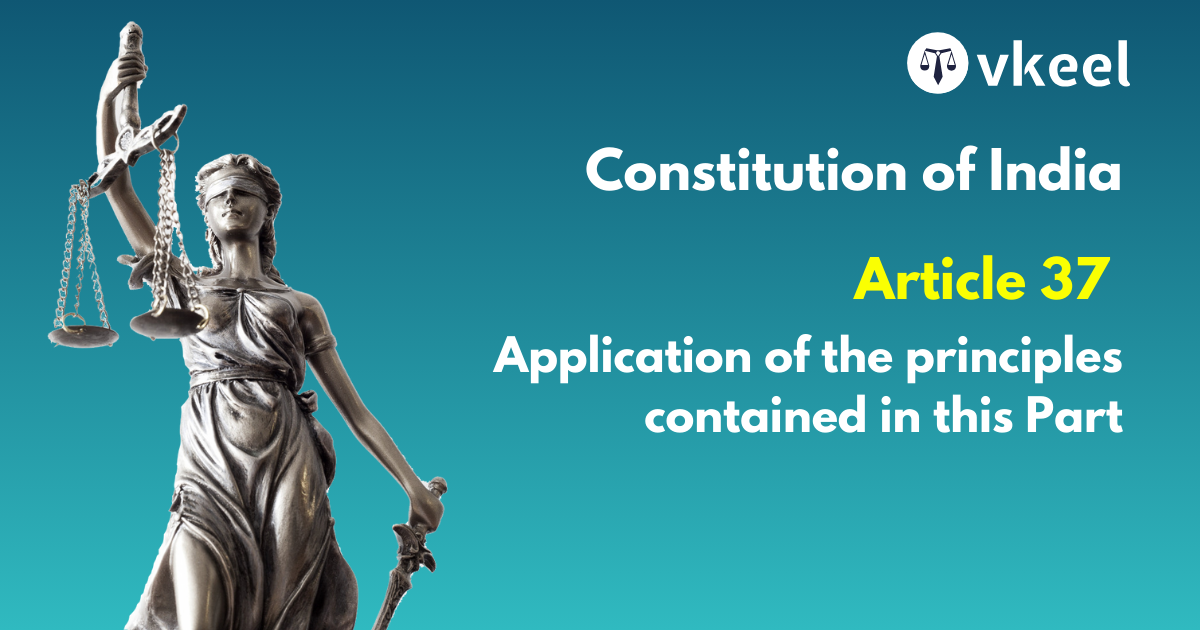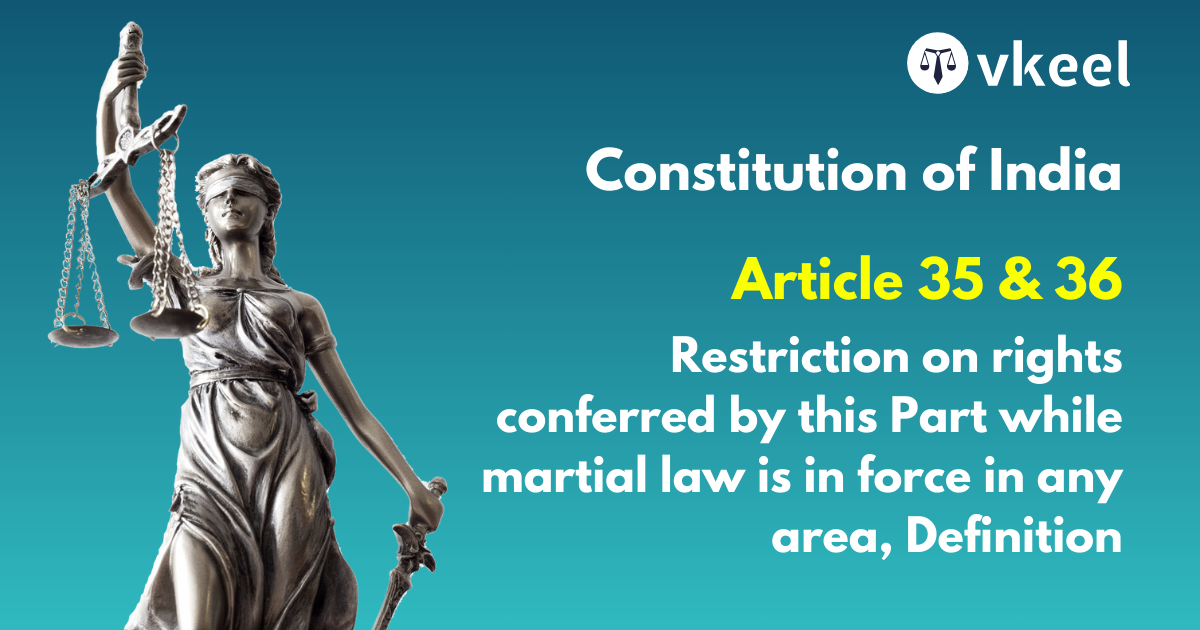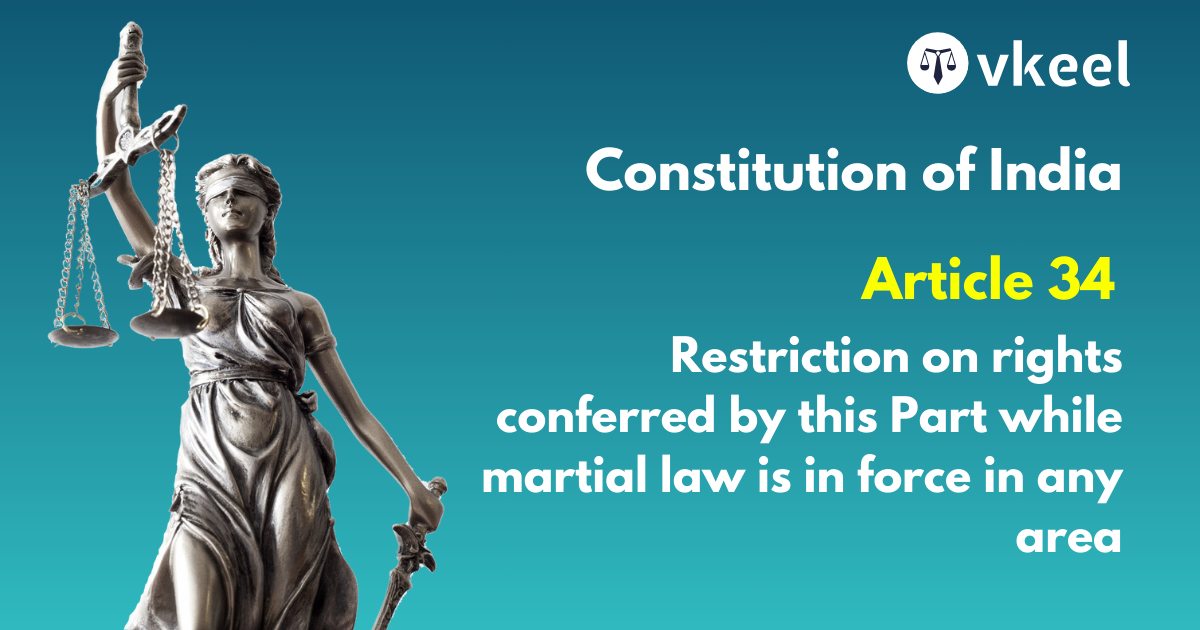Article 26 of the Constitution of India
By Joy Puri
Introduction to Article 26
Article 26 of the Indian Constitution stipulates the rights of the religious denominations of the country to establish and thereby maintain all the institutions and manage their affairs and also own and acquire any property for administration.
It therefore acts as a medium to guarantee the right to establish and maintain religious and charitable institutions, manage internal religious matters, own and acquire property, and administer such property in accordance with the law.
Furthermore, the respective rights conferred by the Article 26 of the Constitution of India are certain kinds of rights which are subject to public order, morality, and health.
Article 26 of the Constitution of India
Freedom to manage religious affairs-
Subject to public order, morality and health, every religious denomination or any section thereof shall have the right:
(a) to establish and maintain institutions for religious and charitable purposes;
(b) to manage its own affairs in matters of religion;
(c) to own and acquire movable and immovable property; and
(d) to administer such property in accordance with law.
View of the Judiciary on Article 26
S Azeez Basha Vs Union Of India, 1968
Article 26(c) and (d) give the right to a religious denomination “(c) to own and acquire movable and immovable property, and (d) to administer such property in accordance with law”. So far as that is concerned it is enough to say that Muslim minority does not own the movable and immovable property which was vested in the Aligarh University by virtue of the 1920 Act and therefore cannot claim to administer any such property. Article 26(c) and (d) give power to the religious denomination to own and acquire movable and immovable property and if it owns or acquires such movable or immovable property it can administer such property in accordance with law. But the Muslim minority did not own the property which was vested in the Aligarh University on the date the Constitution came into force, and it could not lay claim to administer that property by virtue of article 26(d). There is nothing in the impugned amendment Acts which in any way bars the Muslim minority from owning or acquiring and administering movable or immovable property if it so desires for purposes of article 26. But it cannot lay claim under article 26(d) to administer the property which was vested in the Aligarh University by the 1920 Act, for it did not own that property when the Constitution came into force.
Durgah Committee, Ajmer Vs Syed Hussain Ali, AIR 1961 SC 1402
Practices in question should be treated as a part of religion. They must be regarded by the said religion as its essential and integral part; otherwise even purely secular practices which are not an essential or an integral part of religion are apt to be clothed with a religious form and may make a claim for being treated as religious practices within the meaning of article 26. Similarly, even practices though religious may have sprung from mere superstitious beliefs and may in that sense be extraneous and unessential accretions to religion itself. Unless such practices are found to constitute an essential and integral part of a religion their claim for the protection under article 26 may have to be carefully scrutinised; in other words, the protection must be confined to such religious practices as are an essential and an integral part of it and no other.
Kesavananda Bharati Vs State of Kerala, AIR 1973 SC 1461
Articles 25 and 26 by their opening words show that the right to the freedom of religion is subject to the paramount interest of society and there is no part of the right however important to devotee which cannot and in many cases have not been denied in civilised society. Denial to a section of the community, the right of entry to a place of worship, may be a part of religion but such denials, it is well-known, have been abrogated by the Constitution.
Government of Tamil Nadu Vs Ahobila Matam, AIR 1987 SC 245
The mere imposition of assessment on lands held by a religious denominational institution cannot attract the right guaranteed by article 26 of the Constitution. The burden imposed is a burden to be shared in the same manner by all the owners of the lands in the State and not a special burden imposed on the denominational institution. Burdens of that nature are outside the right guaranteed by article 26 of the Constitution.
St. Xaviers College Vs State of Gujarat, AIR 1974 SC 1389
An educational institution could also be established under article 29(1) for purposes of conserving a distinct language, script or culture. All such educational institutions would be governed by article 29(2). Thus if a religious educational institution is established under article 26(a) it would on receipt of State aid have to comply with article 29(2). The anomaly would be greater because an educational institute set up under article 26(a) would be for teaching religion and an educational institute set up under article 29(1) would be for conserving a distinct language.
Conclusion
By the very existence Article 26 of the Constitution of India, the provision does not mean that it will be prioritized before the other fundamental rights given to the individuals.
In a situation wherein there exists a conflict between the consistency of the fundamental rights with the aforesaid provision, the doctrine of harmonious construction is applied.
Disclaimer:
The information provided in the article is for general informational purposes only, and is not intended to constitute legal advice or to be relied upon as a substitute for legal advice. Furthermore, any information contained in the article is not guaranteed to be current, complete or accurate. If you require legal advice or representation, you should contact an attorney or law firm directly. We are not responsible for any damages resulting from any reliance on the content of this website.

